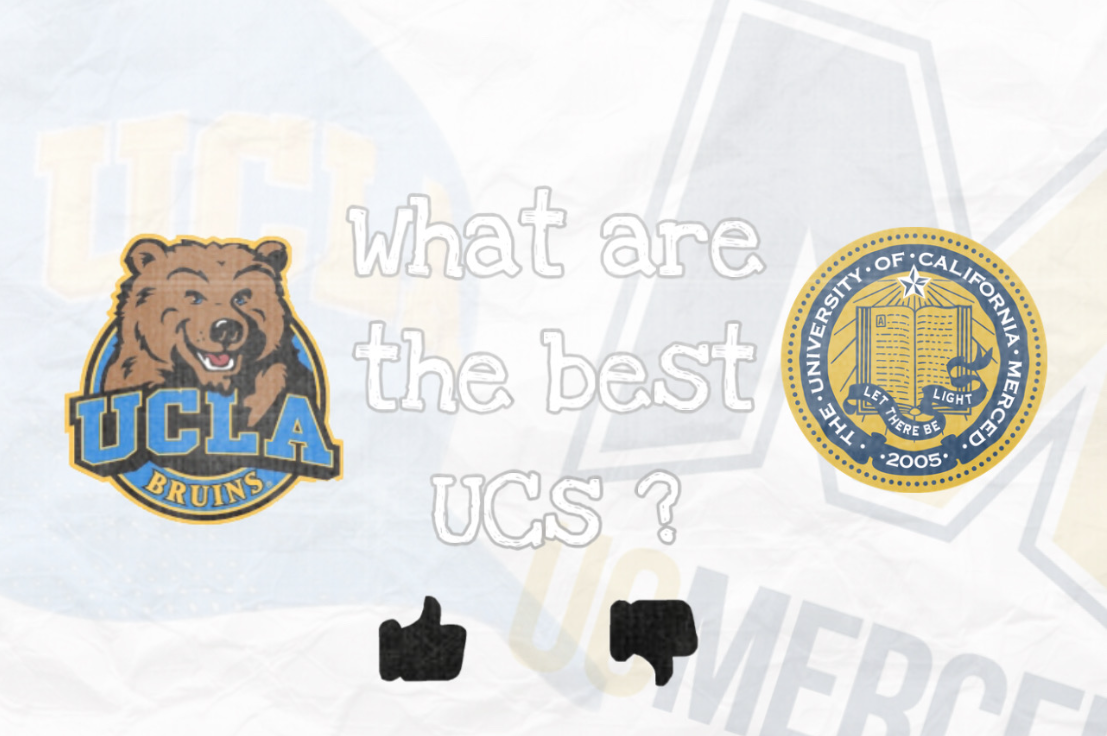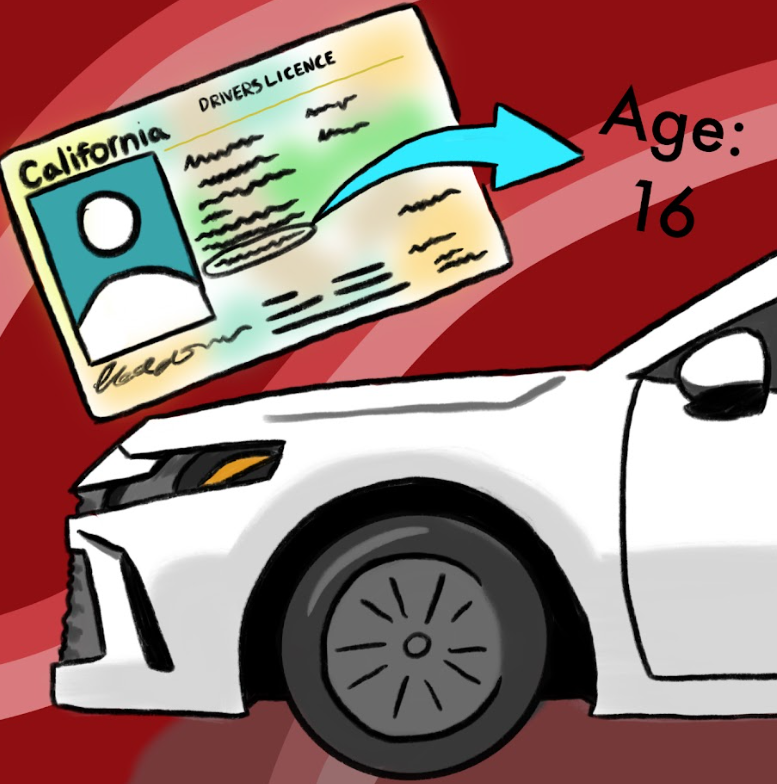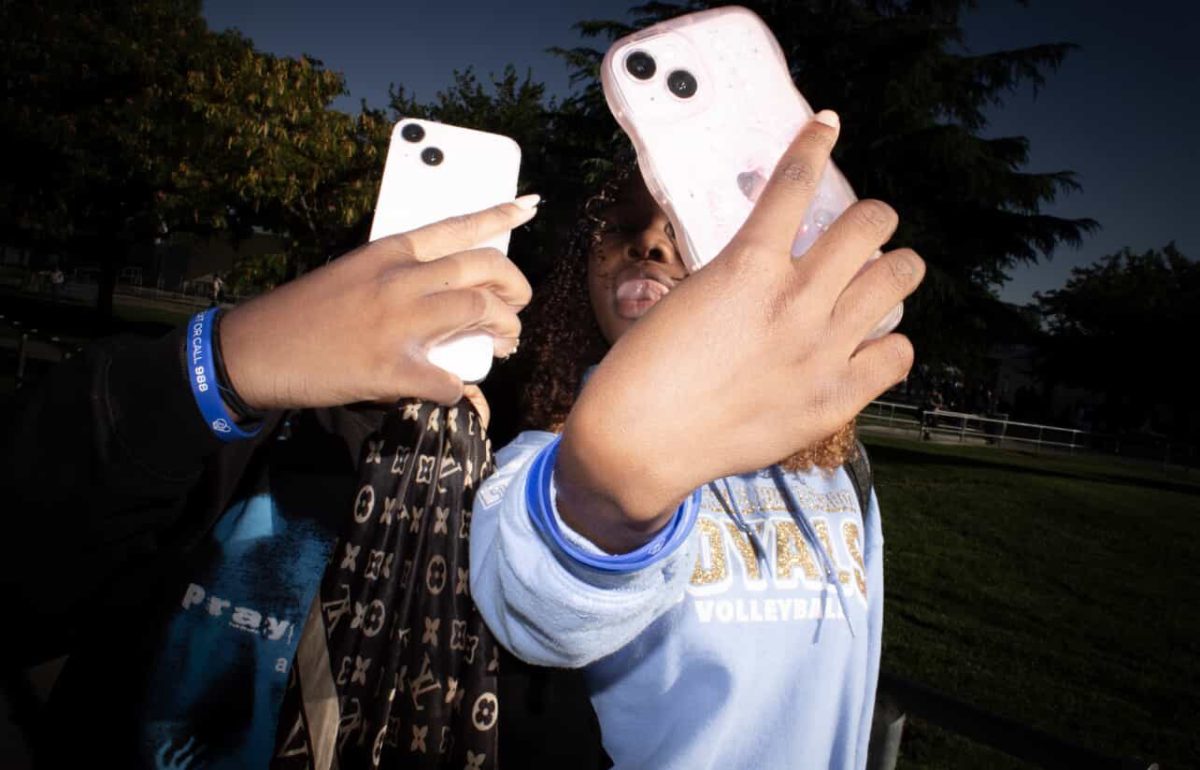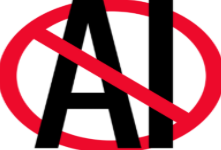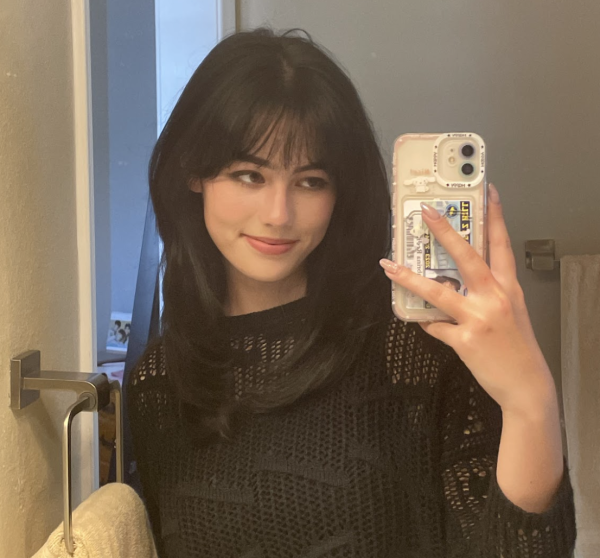If you are an avid TikTok user, you probably know about the “For You” page. This page has an algorithm that changes over time and caters to what you tend to view and videos you like. Over time, your “For You” page can completely transform into popular sub-sections of TikTok. One of these is BookTok, a sub-section focusing on book recommendations.
Although BookTok is primarily book recommendations, it also has other types of videos. Readers often post ratings of books they have read, which sparks lots of conversation in the comment sections. There are videos of people re-binding their books and creating and filling out long, intricate book journals, which readers find satisfying to watch. There are not only readers on BookTok; it is also prevalent for authors to advertise their books. This is where I find issues with BookTok.
As authors who are advertising their own books, it is understandable that there are biases. They paint their book in a better light than it may actually be, influencing viewers to buy their books. A common way to advertise their books is by putting a single scene in a video. This scene grabs the viewers’ attention, and they think, “Wow, this book seems really interesting!” They buy the book, read it, and realize that the scene in the video was the only good scene in the whole book. I, for one, am a victim of this phenomenon. You would think I’d learn my lesson the first time, but this has happened multiple times. Ultimately, I always regret using my money impulsively based on a single video.
Furthermore, many books recommended to me on BookTok are significantly lower quality than many other books I have read. This is because most BookTok authors originally posted their stories on sites such as Wattpad and, due to their popularity, have moved on to publishing. It is a known pattern that books originating from sites such as Wattpad are lower quality, less engaging, more unrealistic, and way more cringe than books from credited authors and publishers.
The most significant issue with BookTok is that people of all ages have access to it. It is influencing young kids to buy and read books that are inappropriate and maybe even triggering for people of their age. It is one thing for readers to read and recommend a book based on their experience, but there comes an issue when authors post misleading advertisements to influence users to buy their books.





